-
Things to Do
-
Plan
-
About


Sometimes called “America’s Second Independence Day,” Juneteenth is the annual commemoration of the end of slavery in the United States. It is celebrated on the anniversary of Union Army General Gordon Granger’s arrival in Galveston, Texas, on June 19, 1865, to enforce President Abraham Lincoln’s Emancipation Proclamation of 1863 and free the remaining enslaved African American people there and throughout the Confederate states.
Juneteenth, which was declared a federal holiday in 2021, honors a major turning point in the centuries-long effort to insure justice and equality for all in America. There are many examples of people who have heroically championed this cause through the years — including several right here in Dutchess County, from the Abolitionist Movement through the Civil Rights Movement.
Here are some historically significant Dutchess County locations you can visit to learn more about these courageous figures who altered America’s social trajectory and planted the seeds of progress.
Also, be sure to check out several upcoming events that celebrate African American culture and heritage.
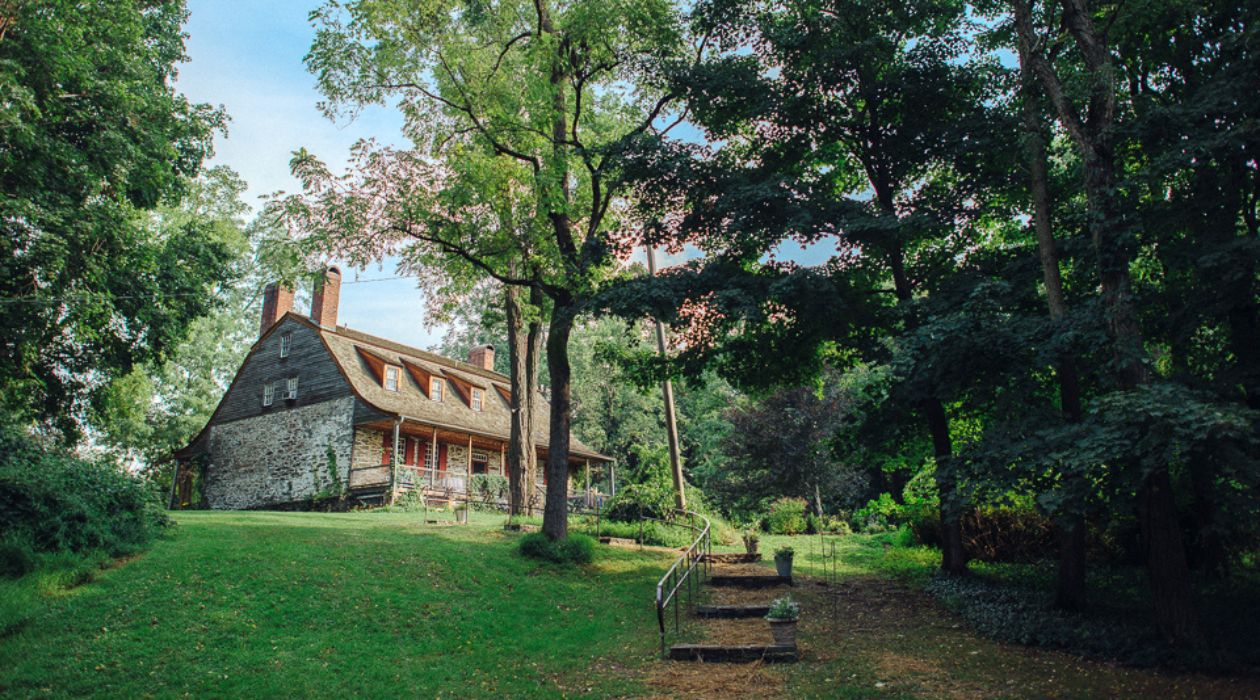
The amount of history documented at Mount Gulian is simply astounding and dates back roughly 8,000 years to the ancestors of the Wappinger indigenous tribe who inhabited the land along the Mahikannituck (Hudson River). A guided tour of the historic site highlights the many fascinating people and events that have been linked through the centuries to Mount Gulian, where the Verplanck family built their homestead around 1730, and where Patriot General Friedrich Von Steuben established his headquarters during the Revolutionary War. One such person is James F. Brown, an African American man who was born into slavery in Maryland, escaped to freedom in New York and was hired by the Verplanck family in Manhattan to be a waiter. According to the story passed down in the Verplanck family, a dinner guest recognized James and demanded that he be returned to his enslaver in Maryland. After some negotiations, Daniel Crommelin Verplanck reportedly paid $300 to buy James’ freedom. James later moved to Mount Gulian and, by 1829, was working as the estate’s master gardener, coachman, general laborer and most trusted property manager. For about the next 40 years, James kept a journal of everyday life, one of very few such accounts of life experienced by a Black person anywhere in America at that time (he somehow learned to read and write while still enslaved in Maryland). This journal contains details about James’ daily chores, gardening, local news and weather, and even some favorite recipes. They also reveal his patriotic feelings toward the United States and his desire to vote in elections like other men — which he did for the first time in 1837, as is reported in his journal. James died in 1868 and is buried alongside wife, Julia, in the Beacon St. Luke’s Churchyard. His journals are being preserved at the New York Historical Society in Manhattan, but selected transcripts are available at Mount Gulian. James was working at Mount Gulian at the time that Robert Newlin Verplanck was born there. The young Verplanck attended the prestigious Poughkeepsie Collegiate School and was attending Harvard when the Civil War broke out. After graduating from Harvard at age 20, Robert reported to the Union Army and was trained to be a volunteer officer in the newly formed United States Colored Troops. Robert led his troops into battle against the Confederates in Virginia, and his letters home to his mother and sister dramatically recall the courage of the African American soldiers, as well as their struggle to find their rightful place in the military and in American society. More than 200,000 African American volunteers fought to save the Union, and more than 68,000 were killed. Roberts’ 59 existing letters are housed in the Adriance Library in Poughkeepsie. Tours of Mount Gulian’s historic home, its 18th-century barn and its heritage garden are available each week on Wednesday, Thursday, Friday and Sunday from June 21 through Oct. 29. Advance reservations are preferred, but walk-ins are always welcome.
Related: Support Black-Owned Businesses in Dutchess
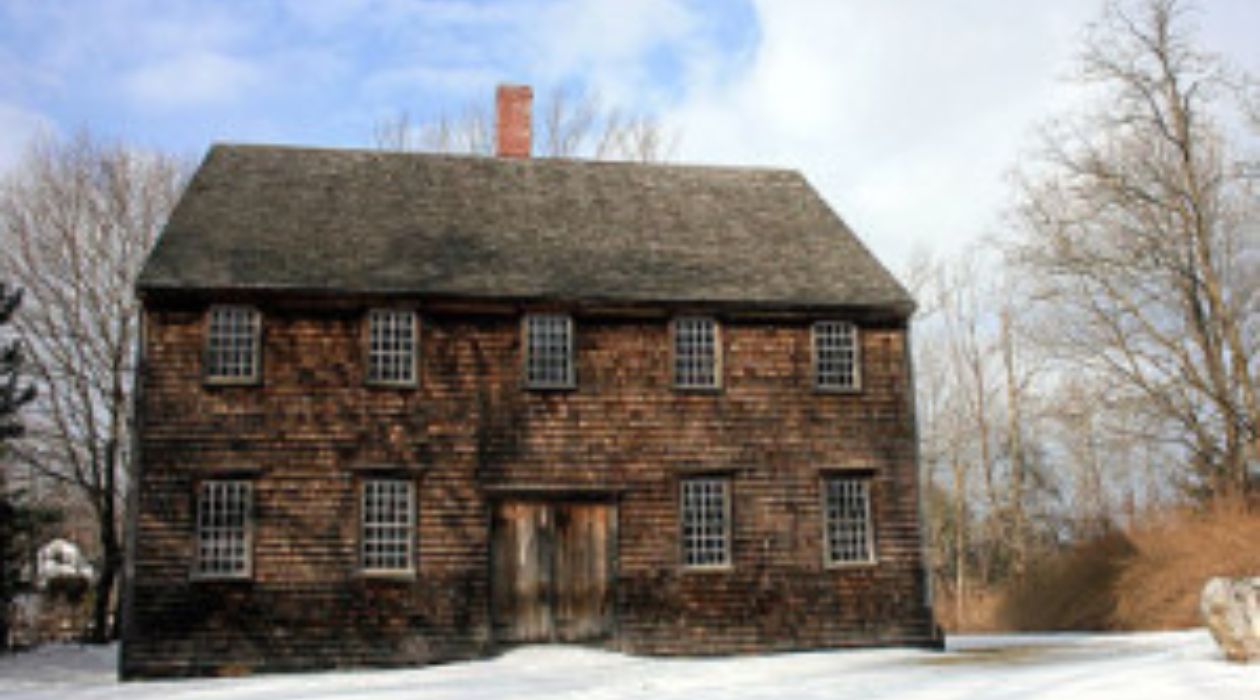
Nathan Birdsall was the first Quaker to settle in the area now known as Quaker Hill in Pawling. Many Quakers soon followed, and by the early 1800s, Dutchess County was home to the greatest number of Quakers outside of Philadelphia. This community on Quaker Hill was a known stop for freedom seekers traveling through eastern Dutchess. Pawling’s branch of the Society of Friends erected the Oblong Friends Meeting House on Quaker Hill in 1764. Members of the Oblong meeting began to question the morality of slavery as early as 1767, some 60 years before New York State outlawed the practice. In 1776, the Oblong Friends passed a resolution to not accept money or services from any enslavers, and they began denying membership to enslavers. The Oblong Friends Meeting House is on the National Register of Historic Places. The Pawling Historical Society invites visitors to tour the meeting house and see it exactly as it appeared in 1764, complete with its rows of wooden benches, wall partitions on pulley systems and mezzanine viewing level. Tours of the meeting house are by appointment only. Visitors can also tour the Quaker Hill Museum at nearby Akin Hall, which is open on weekends.
Following the abolition of slavery in New York State in 1827, the New Guinea community, located on what is now Hackett Hill Park, became home to formerly enslaved persons who banded together, in part, to provide safety during this period of transition. The passing of the controversial 1850 Fugitive Slave Act required that self-emancipated freedom seekers who were captured — even in free states — were to be returned to their enslavers. As such, New Guinea also became a safe haven on the Underground Railroad, either as a permanent home or as a temporary stop on the way to Canada. Nowadays, the foundations of several homes from the late 18th and early 19th centuries can be seen along the road known as Freedonia Lane, which was the main thoroughfare in the community. Hackett Hill Park features public hiking trails that walk through this area, past historic stone walls and along the scenic Crum Elbow Creek. The site has been named to the National Register of Historic Places, and the Town of Hyde Park has boxes of artifacts recovered from the location during archaeological projects.
Related: Dutchess County's African American Burial Grounds
The newest exhibit at Clermont, titled "Redefining the Family: The Livingstons and the Institution of Slavery in Early America" will be on view from June 23, 2024–June 22, 2025. Built in the 1730s, Clermont Mansion was home to seven generations of the powerful and wealthy Livingston family, including Chancellor Robert R. Livingston, who was a member of the Continental Congress and helped draft the Declaration of Independence. This new exhibit was drawn from research completed by a Livingston descendant — Pennsylvania State Representative Christopher Rabb. It explores the life of Rabb’s great-great-great grandmother, Christiana Taylor Livingston Williams Freeman (1812–1909), who was born to a Black enslaved mother and her White enslaver, a member of the Livingston family. Designated a National Historic Landmark in 1973, Clermont is open for guided tours year-round Thursdays through Sundays. The grounds are open 8:30 a.m. to dusk every day.
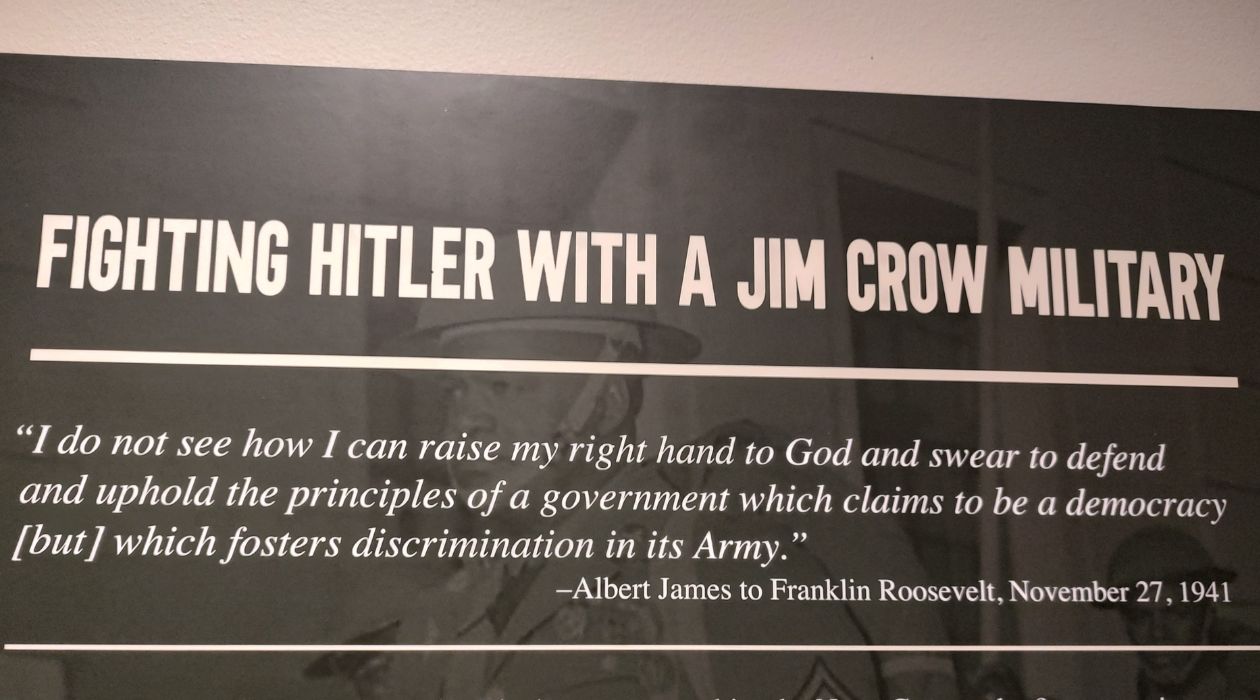
The Franklin D. Roosevelt Presidential Library and Museum's newest exhibition, titled "Black Americans, Civil Rights and the Roosevelts, 1932-1962," examines the political evolution of Franklin and Eleanor Roosevelt regarding racial justice and highlights the historical voices of African American community leaders, wartime service members and ordinary citizens who pushed the Roosevelt administration for progress. Visitors will see documents and artifacts — many on display for the first time — from the Roosevelt Library’s expansive holdings and from private collections. The exhibit, which will be on display through 2024, chronicles the Roosevelts’ lives, describing their affluent upbringings in Gilded Age society as well as their many efforts to bridge the gaps between the races and the social classes in America during the Great Depression, World War II and beyond. Even after Franklin’s death in 1945 during his fourth term in the White House, Eleanor continued to be a vocal advocate for civil rights, equality and justice. The Library and Museum is open seven days a week, from 9 a.m. to 6 p.m. April through October and from 9 a.m. to 5 p.m. November through March.
Related: The Top 10 Women Who Influenced Dutchess County’s History
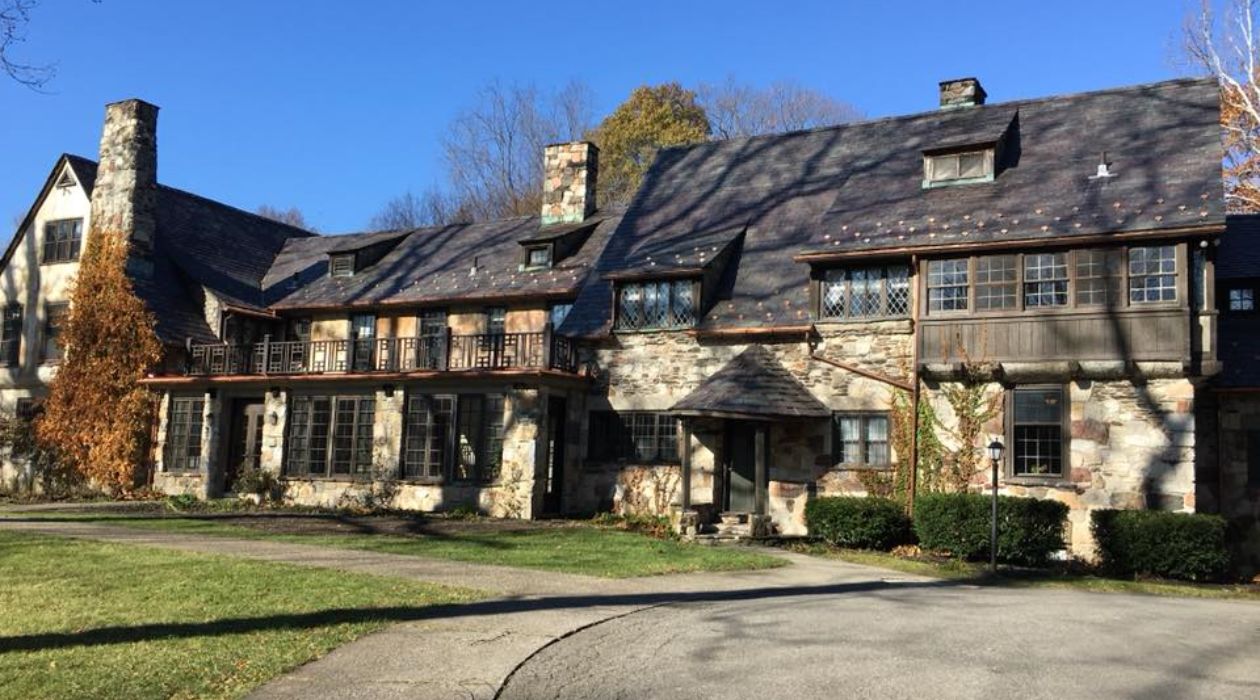
Tucked quietly away in the bucolic Amenia countryside, this 250-acre estate has been a country inn and tavern since the 1700s and boasts a long list of distinguished visitors. Colonel Joel Spingarn and his wife, Amy, purchased the estate in the early 1900s. Colonel Spingarn co-founded the Harcourt, Brace & Company publishing firm, and his guests at Troutbeck included many of the literary giants of the time, as well as civil rights attorney Thurgood Marshall, the first African American Supreme Court Justice, among whose greatest courtroom triumphs is the landmark Brown vs. The Board of Education of Topeka case in 1954, in which the Supreme Court unanimously ruled that “separate educational facilities are inherently unequal.” The Spingarns hosted two early meetings of the NAACP at Troutbeck. Attendees at these meetings, now known as the Amenia Conferences of 1916 and 1933, included Mary Ovington, a co-founder of the NAACP; and groundbreaking African American writer, sociologist and activist W.E.B. DuBois. Colonel Spingarn was the chairman of the NAACP’s Board of Directors and one the organization’s first Jewish leaders. The Spingarn Medal, the NAACP’s highest honor, was established in 1914 and is awarded annually to “the man or woman of African descent and American citizenship who shall have made the highest achievement during the preceding year or years in any honorable field.” Recipients include Rosa Parks, Martin Luther King Jr., Duke Ellington, General Colin Powell and Maya Angelou. Nowadays, the recently renovated estate is a lavish hotel and country retreat featuring luxurious amenities, wellness services and an elegant restaurant that offers locally sourced menu items. Earlier this spring, Troutbeck hosted its second-annual student-led historical educational forum, the Troutbeck Symposium, which welcomed students from 13 public and private schools in the region to meet and discuss their year-long research projects uncovering under-told histories of BIPOC communities. Inspired by the Amenia Conferences of 1916 and 1933, the Troutbeck Symposium and events like it follow Troutbeck's unique history as a gathering place for great minds.
.jpg)
In the spirit of the Juneteenth holiday, here are some upcoming events that celebrate African American culture and heritage.
Sunday, June 2, 2:30 p.m. at the Walkway Over the Hudson, Poughkeepsie
Join Peter Bunten at the Walkway's East Gate Plaza in Poughkeepsie for a fascinating historical lecture that examines slavery, racism and other barriers faced by African Americans in the Mid-Hudson Valley in the 18th and 19th centuries and explores how the Hudson River — both actually and metaphorically — offers a centerpiece for understanding those barriers and the fight for freedom. Bunten, a Poughkeepsie native, is the Executive Director of the Mid-Hudson Antislavery History Project and represents the MHAHP with the Underground Railroad Consortium of New York State. He also serves as a Trustee of the Dutchess County Historical Society.
Saturday, June 15, 10 a.m. at the Mid-Hudson Discovery Museum, Poughkeepsie
Discover how Harriet Tubman and other underground railroad conductors used the stars to find freedom with this fantastic free show in the new portable planetarium in the Mid-Hudson Discovery Museum Pavilion on the Poughkeepsie waterfront.
Saturday, June 15, 11 a.m. at the Lateef Islam Auditorium at the Family Partnership Center, Poughkeepsie
Jemar Tisby presents a frank and spirited conversation about Juneteenth and its historical significance in modern times. Tisby is a New York Times bestselling author, a national speaker, and a public historian who is determined to deliver truths from the Black experience with depth and clarity. Tisby's books will be available for purchase and signing at the event. Click here to register.
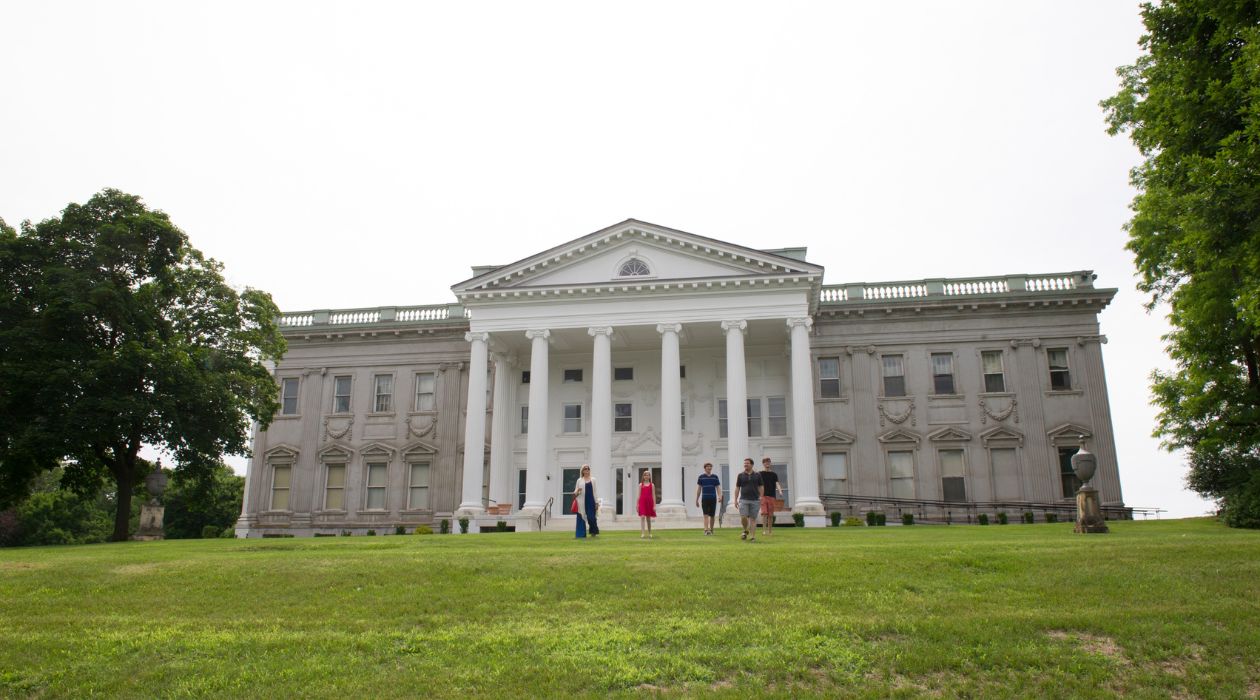
Saturday, June 15, 2 p.m. at Staatsburgh State Historic Site, Staatsburg
Bill Jeffway, the Executive Director of the Dutchess County Historical Society, will explore the role that Black women played in uplifting the Black community of the Hudson Valley during the Gilded Age. This discussion, titled "Defying Expectations: How Local Black Women of the Gilded Age Reshaped Black Education and Literacy into the 20th Century," will highlight two women in particular: Susan Elizabeth Frazier (1864–1924) established herself in an 1892 talk to the Brooklyn Literary Union about Black women of importance, but made national headlines by suing to become the first Black teacher of White students in New York City in 1896. Sadie Peterson Delaney (1889–1958) was shaped by her father’s careful integration into the wealthy Gilded Age elite of Poughkeepsie and raised her profile through writing, publishing, and publicly reading her poetry. It was her creative use of books and reading at the Black Veterans Hospital in Tuskegee that brought her national attention after World War I.
Saturday and Sunday, June 15 and 16 throughout the City of Poughkeepsie
Celebrate freedom and unity with various events planned throughout the city during Juneteenth weekend. The festivities culminate with the Juneteenth & Father's Day Celebration at Waryas Park from 1–7 p.m. on Sunday. Enjoy food trucks, vendors, kids activities and live music and entertainment all afternoon on the Poughkeepsie riverfront.
Wednesday, June 19, 11 a.m.–5 p.m. at Pete & Toshi Seeger Riverfront Park, Beacon
Enjoy live music, food trucks, dancers, poets, vendors and more at this Juneteenth celebration on the Beacon waterfront. This event is presented by Beacon4BlackLives — a grassroots organization dedicated to fighting violence and systemic racism against Black people — and Bosco & The Storm, a Beacon-based, five-piece R&B band.
June 22, 23 and 29, 2 p.m. at Staatsburgh State Historic Site, Staatsburg
What did the "Gilded Age" mean to the free Black community in the Village of Staatsburg, beyond the walls of the Mills family estate? Join the knowledgeable staff at Staatsburgh State Historic Site for a one-hour presentation exploring that very question and examining census records, historic maps, and the larger context of race relations during the Gilded Age. The story of the free Black community of the Village of Staatsburg reveals the triumphs and struggles of generations of African Americans in the Hudson Valley.
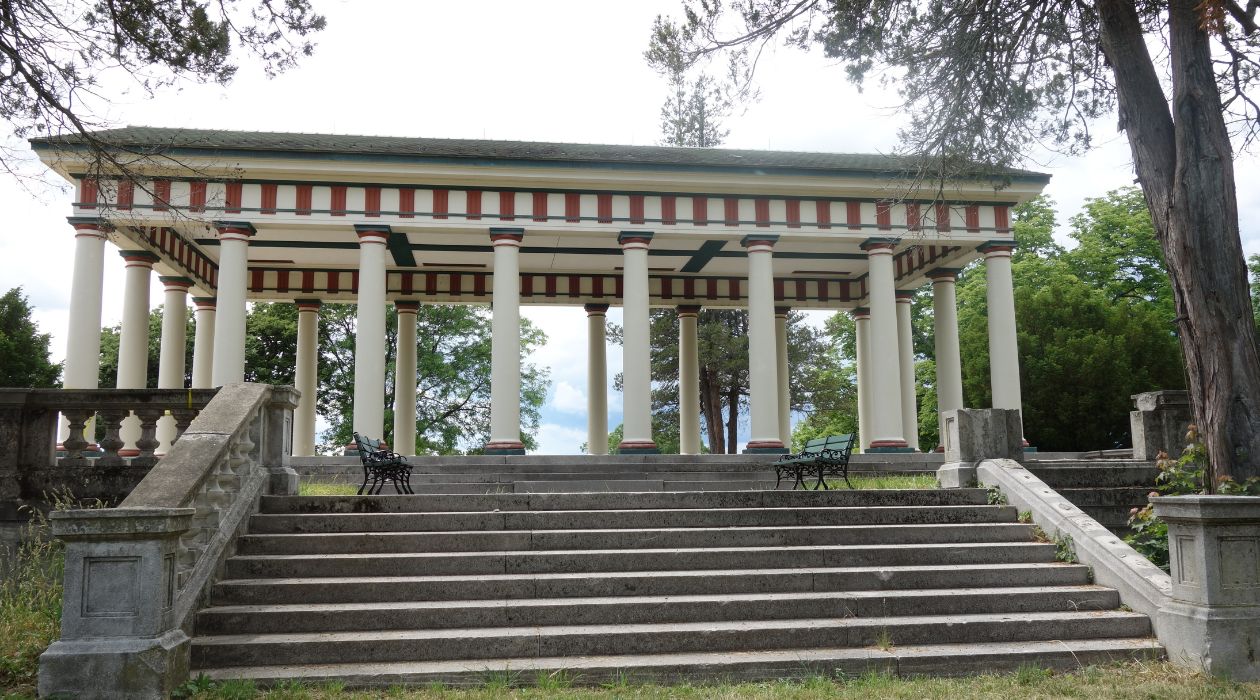
Saturday, July 27, 12 p.m. at College Hill Park, Poughkeepsie
On Aug. 2, 1858, celebrated abolitionist, activist, writer and orator Frederick Douglass delivered an inspirational speech to a crowd of 4,000 people at the Collegiate School in Poughkeepsie (now College Hill Park). In this highly anticipated appearance, Douglass — who had escaped bondage in Maryland and went on to become an iconic figure in the antislavery and women’s suffrage movements of the 19th century — implored the audience to demand justice and end slavery in the United States. In commemoration of this important event, the City of Poughkeepsie and the nonprofit organization Celebrating the African Spirit have teamed up to present the third-annual Frederick Douglass Day on the site of his impassioned speech. At this annual event, music, food and performances will honor the significance of Douglass' speech and applaud the local people who were in attendance and witnessed history that day 165 years ago.
Sunday, Aug. 25, 4 p.m. at Troutbeck, Amenia
Troutbeck presents Damali Peterman, author of the recently released book "Negotiating While Black: Be Who You Are to Get What You Want," in conversation with Taylor Kinzler, the host of NBC Connecticut’s lifestyle show "CT Live." "Negotiating While Black" is a one-of-a-kind resource for anyone who has ever been underestimated or misunderstood at the negotiating table. Peterman is a highly regarded lawyer, mediator, negotiator, educator and speaker.
For more great information about local African American history, be sure to check out these valuable resources:
• The Mid Hudson Antislavery History Project and its book “Slavery, Antislavery and the Underground Railroad: A Dutchess County Guide.”
• The Dutchess County Historical Society and its Poughkeepsie Equality Trail.
Covid-19 Information
Our top priority is the safety, health, and wellbeing of our community, its residents and visitors.
Information for visitors & residents Information & Resources